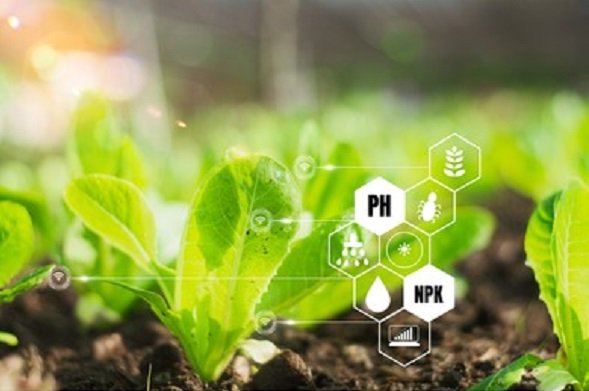NBHC launches Krishi Setu app
The one-stop solution in the post-harvest agri value chain will offer seamless user experience and reduced operational inconveniencies in trade execution
National Bulk Handling Corporation (NBHC) has announced the launch of its electronic application ‘Krishi Setu’, a one-stop solution in the post-harvest agri value chain offering seamless user experience and reduced operational inconveniencies in trade execution, through end-to-end digitised processes. NBHC has developed this advanced e-marketplace for agri commodities, which is a result of our commitment towards taking ahead the legacy of technology-led innovation to provide all variants of digitally enabled auctions and trades.
With a mission to empower the Farmer Community & Farmer Producer Organisations (FPOs), Krishi Setu is committed to providing knowledge-driven services for building efficiency in Auctioning/Trading of commodities, even with remote access. It directly links buyers and sellers electronically across the country and facilitates hassle-free transactions, purely through disintermediation.
Ramesh Doraiswami, MD and CEO, NBHC, said, “As a company is focussed on innovation, NBHC aspires to make Krishi Setu an Amazon-like e-market platform for agri-commodities and further improve the lives of Farmers & FPOs, enabling them to make informed decisions on marketing their products by providing them market access, transparency and post-harvest value-added services.”
Deepak Kumar Singh, Senior VP and Business Head, NBHC, said, “Krishi Setu is all set to make a difference to the agri value chain through its progressive amenities which combines farming, automation and digitalisation. The platform offers tailor-made solutions for effective process-driven risk assessment & mitigation, coupled with a digital financing option. Through Krishi Setu, we are enlarging our farm gate procurement services from farmers to clientele through disintermediation, by leveraging our tech-enabled operational capabilities.”
Through NBHC’s pan-India reach, deep industry knowledge and tech-enabled operational capabilities, Krishi Setu provides services for an extensive range of commodities including grains, pulses, cereals, oilseeds and spices across various locations.
The one-stop solution in the post-harvest agri














